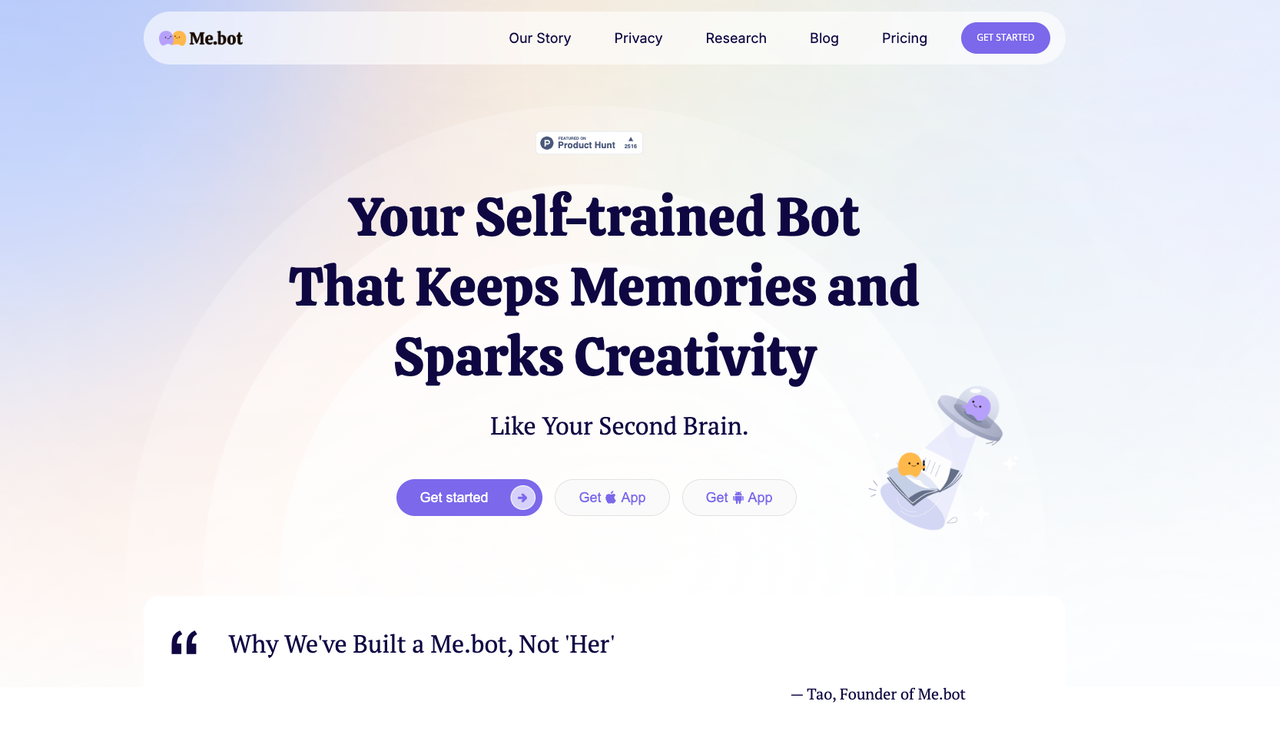Event management is a dynamic blend of creativity, organization, and strategic execution. Whether you're orchestrating a grand corporate conference, planning an intimate wedding, or managing any other type of event, the process can often feel overwhelming with countless details, diverse objectives, and tight deadlines. How do you streamline timelines, align goals, and ensure a seamless experience?
This guide is your roadmap to mastering event management, breaking down the complexities and unveiling the art of crafting memorable experiences. We’ll explore seven core event types, complete with categories, real-world examples, and actionable tips for effective planning. From personal milestones to high-profile corporate gatherings, each event requires a unique approach to captivate audiences and achieve success.
Whether you're a seasoned event planner or tackling a one-time occasion, this comprehensive guide will equip you with the knowledge and tools to bring your vision to life and leave a lasting impact on your attendees.
The Importance of Effective Event Management
Event management is more than just coordinating logistics; it is about creating memorable experiences that achieve specific goals. Whether it’s a corporate conference, a product launch, a personal celebration, or a community event, effective management is essential to ensuring its success.
- Achieving Objectives: Events are often designed with specific purposes in mind, such as building brand awareness, fostering connections, celebrating milestones, or raising funds. Proper management ensures these objectives are met by aligning every element of the event with its goals.
- Enhancing Experiences: A well-organized event leaves a lasting impression on attendees. Whether it’s seamless scheduling, engaging content, or thoughtful amenities, effective planning ensures participants have a positive and memorable experience. This can lead to stronger relationships, better feedback, and higher engagement.
- Mitigating Risks: Events, regardless of scale, come with risks such as technical failures, miscommunication, or budget overruns. Thorough event management anticipates potential challenges and implements contingency plans, minimizing disruptions and ensuring a smooth experience.
- Optimizing Resources: Managing an event involves juggling multiple aspects, from budgets and vendors to timelines and staff. A strategic approach ensures resources are allocated efficiently, preventing overspending and maximizing value.
- Strengthening Brands and Relationships: For businesses, events are powerful marketing tools. They provide opportunities to showcase products, engage with stakeholders, and strengthen brand identity. On a personal level, events like weddings or parties help build cherished memories and reinforce personal bonds.
- Driving Growth and Learning: Events often inspire creativity, innovation, and collaboration. Managing them effectively can lead to personal growth, professional development, and valuable insights that can be applied to future endeavors.
Strategies for Managing Various Types of Events

Managing diverse events requires a flexible yet strategic approach tailored to the unique demands of each type. Whether you're planning a small gathering or a large-scale conference, understanding the key principles of event management can help ensure success.
- Understand the Purpose: Every event has a distinct objective, such as networking, celebration, education, or promotion. Clarifying the purpose allows you to align all elements—theme, venue, and activities—with the desired outcome. For instance, a wedding emphasizes personal connections, while a corporate seminar focuses on professional knowledge-sharing.
- Develop a Clear Plan: Start with a detailed timeline, including milestones for preparation, execution, and follow-up. Identify all critical components like venue selection, budgeting, vendor coordination, and guest management. Tools like project management software or event-specific platforms can simplify the planning process.
- Tailor to the Audience: Different types of events attract varying audiences with unique preferences and expectations. Understanding your attendees’ demographics, interests, and needs will help you craft engaging experiences. For example, a music festival may require high-energy entertainment, while a charity gala may need a more formal atmosphere.
- Optimize Logistics: Successful events depend on flawless logistics. This includes securing the right venue, arranging catering, managing technology needs, and ensuring accessibility for all participants. Adopting checklists or hiring specialized teams can help streamline these processes.
- Leverage Technology: From online ticketing platforms for public events to CRM systems for corporate gatherings, technology can enhance efficiency and attendee satisfaction. Virtual and hybrid events also rely heavily on platforms that offer seamless streaming and interactive features.
Different Types of Events in Event Management
In-Person Events

Conferences and Seminars
These are professional gatherings designed to share knowledge, foster collaboration, or present research. Conferences often span multiple days with keynotes, panel discussions, and networking opportunities, while seminars are typically shorter and more focused on specific topics.
Social Celebrations
Weddings, birthday parties, anniversaries, and family reunions fall under this category. These events are personal, emotionally charged, and demand a focus on creating memorable experiences with customized themes and designs.
Trade Shows and Exhibitions
These are industry-specific events aimed at showcasing products, services, and innovations to potential buyers, partners, and media. They require meticulous planning of booth layouts, attendee flow, and marketing strategies to maximize visibility.
Community Festivals
Public or local gatherings like cultural festivals, charity events, and fairs are designed to celebrate traditions, support causes, or bring communities together. They often involve large-scale coordination of logistics, vendors, entertainment, and safety protocols.
Virtual Events

Webinars
Webinars are live, online presentations or workshops where speakers share insights and knowledge on specific topics. They often feature interactive elements like Q&A sessions and polls to engage participants.
Virtual Trade Shows
These mimic physical exhibitions in a virtual format, allowing companies to showcase their products or services through virtual booths, online demos, and networking tools. They are cost-effective and accessible to a global audience.
Online Conferences and Summits
These are multi-session virtual events that bring together experts and audiences for in-depth discussions, panels, and workshops. They often include features like breakout rooms, live chat, and downloadable resources to enhance attendee participation.
Why Me.bot is a Powerful Tool for Event Management
Me.bot, as an AI-driven assistant, excels in enhancing the efficiency and effectiveness of event management. Here's how it aligns perfectly with the needs of organizing diverse types of events, whether in-person or virtual:

Streamlined Planning and Scheduling
- Automated Reminders: Me.bot can send timely reminders for deadlines, ensuring no task or milestone is missed.
- Dynamic Timeline Management: It adapts to changes in real-time, helping you reschedule tasks when unexpected delays occur.
- Collaboration Across Teams: By integrating with tools like Meego or other project management systems, Me.bot ensures that all team members stay updated on their responsibilities.
Comprehensive Stakeholder Coordination
- Centralized Communication: It consolidates conversations, making it simpler to coordinate with vendors, speakers, and attendees.
- Feedback Collection: Me.bot automates the collection of post-event feedback to evaluate success and identify areas for improvement.
Advanced Analytics and Reporting
- Data-Driven Insights: By tracking KPIs like attendance, engagement rates, or budget utilization, Me.bot offers actionable insights.
- Visual Dashboards: It generates real-time reports and dashboards to monitor event progress and outcomes effectively.
Contact Us
Website: https://www.me.bot/
X: https://x.com/officialmebot
Discord: https://discord.com/invite/G6EksdTUfb







